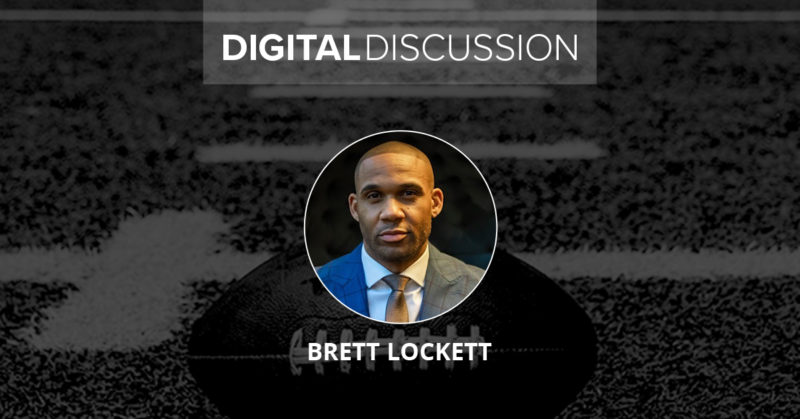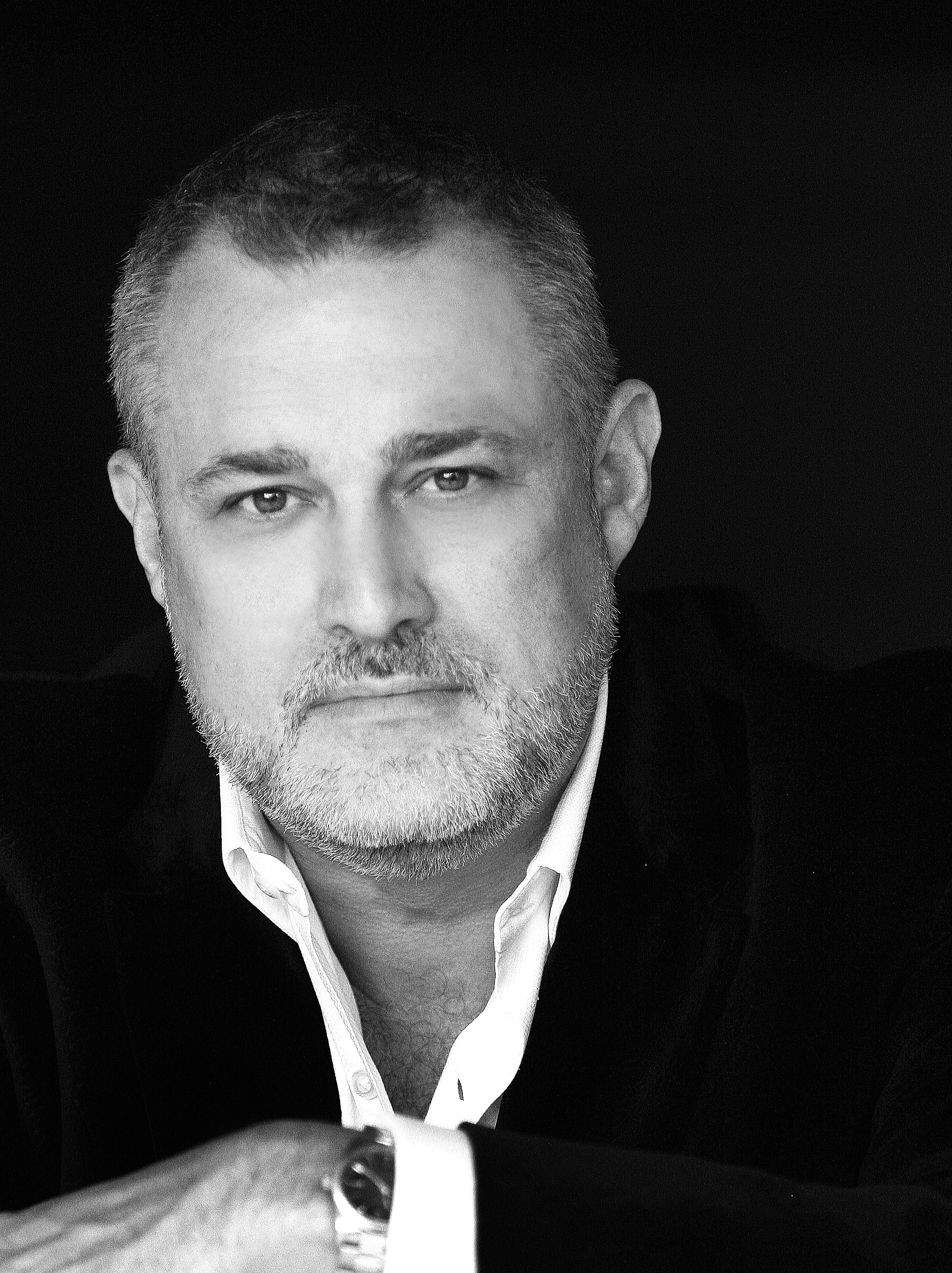How Does an NFL Player Lead on the Field and in the Boardroom?
How Does an NFL Player Lead on the Field and in the Boardroom? https://csuiteold.c-suitenetwork.com/advisors/wp-content/themes/csadvisore/images/empty/thumbnail.jpg 150 150 jeffreyhayzlett https://secure.gravatar.com/avatar/7d20a01ed9c1d91ad616e067720c7767?s=96&d=mm&r=g
Last month, the C-Suite Network hosted a special Digital Discussion on leadership featuring former NFL safety, Bret Lockett. Here’s just a sample of our conversation.
If you’d like to listen to the complete interview, listen here.
(Questions and answers edited for clarity)
Jeffrey Hayzlett: What did it take for you to make the transition from football to business. And what was the process? What was that like? Which was harder?
Bret Lockett: It’s a lot easier to do something that you’ve been doing your entire life, right? For me, I’ve been playing sports my whole life. It was just one progression step after another. Once I finished playing, I finished with the Jets in 2013. I had to figure out the next steps. I thought I was, this football player, a top NFL athlete. I had to really dig into who I was and what my identity was and where I wanted to go. That process in itself was a game-changer. I started to intrinsically figure out what motivates me. When you think about business, one of the things that people say is fail fast. I like to say win fast. We’re always going to fail. There’s no doubt about it.
Jeffrey Hayzlett: We fail many times throughout business, but the key is to get to the win. In football, you have more time to dwell on a loss than a baseball player. How were you able to deal with adversity on the field? How did it help you deal with adversity in business?
Bret Lockett: When you look at adversity on the field, there’s no difference than being in business. When I played on the Patriots, I was on injured reserve three years in a row. I tore my groin my first year. Second year I come back, first two-a-day we had I tore my peck, out for the season.
Third year, came back, in the first preseason game, running down against the Tampa Bay Buccaneers and tear my groin and lower ab at the same time.
So, you have to ask yourself, “Hey, why do I keep getting back up? Why keep doing this?”
I wanted to become the best NFL safety that I could possibly be. I had my mind made up that I was going to continue, regardless of what circumstances came about. The basis is, what standards do you have in your life? What standards do you have in your business?
Jeffrey Hayzlett: What’s the most valuable lesson that football taught you? Applying it to being an entrepreneur and being in business. What was that one lesson that was probably the biggest for you?
Bret Lockett: That’s a great question. In football, we all like to say that defense wins championships. That doesn’t necessarily go towards business. We can’t play defense in business because that means we’re competing with our competitors or we’re a step behind our competitors, or we’re doing an acquisition, because we’re getting blocked from maybe going into an emerging space. Playing defense in business is timid. You’re not dictating your own strategy, and you’re not really allocating your resources appropriately. We really look at strategy and business. It’s one of the main components that we have to stay ahead of. Being on offense is the best because it’s very difficult to change your strategy in business. On the football field, we can do that in a in a series. Go out on offense. (It) doesn’t work. We come back. We make adjustments. In business, it’s like an airplane we’re flying. We can turn that thing around. It’s going to take a lot of time and effort. That’s money right there in business. We have to be able to play offense, and that’s playing on our own time-tables, leading and fighting our own opportunities.
Jeffrey Hayzlett: You talk a lot about tough mentality, and I think right now with everything that’s going on, it’s put people in some tough situations. How do we train our minds to get tougher in order to be better business leaders?
Bret Lockett: The number one struggle that we all have when it comes to mindset is grit. (What) differentiates the elite performers from everybody else is how much we’re willing to take and how much can we take before we give up. If we want to increase our wherewithal, if we want to increase what we’re able to endure, then we have to lean in. When we lean into the unknown, it’s typically fear. Right? From a psychological perspective, we see fear when we come up against something that we don’t know we can overcome. The human brain does three things: it either runs the other way, it freezes, or we leap into the unknown. If you’re an entrepreneur, whether you have your own business or you’re running a large corporation, the more you lean in, the more your team leans in. The more you create a culture of individuals that accept that unknown, its a lot easier to start building that mindset.


